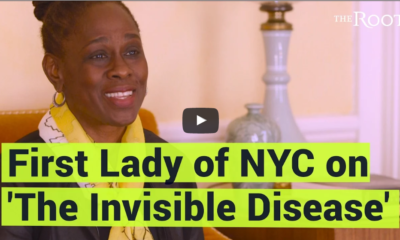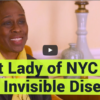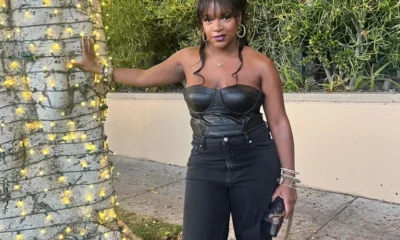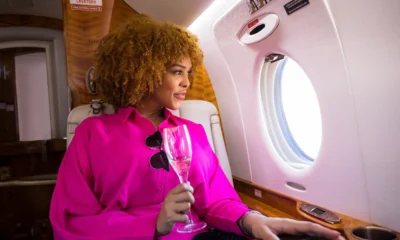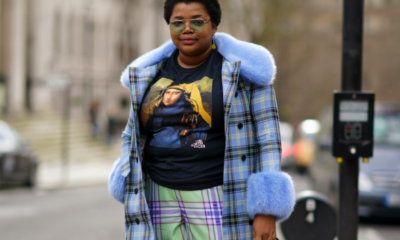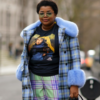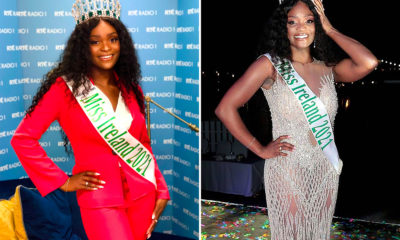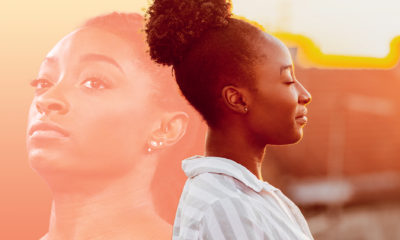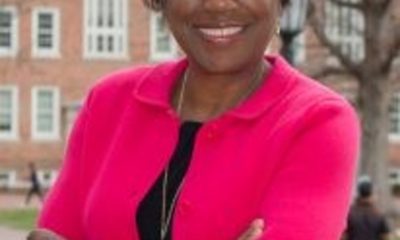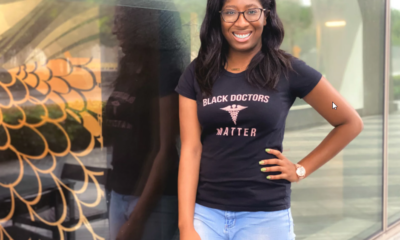Beauty and Health
How Instagram’s ‘Sad Girls Club’ Is Busting the Stigma Around Mental Illness
“Girls need to know it’s okay to have these conversations.”
After confronting her own depression head on, Elyse Fox, 27, founded Sad Girls Club, an onlinegroup for young women dealing with mental-health issues—particularly women of color. The club, which launched officially in February of this year, pushes online activism into the real world by holding monthly IRL meet-ups in the NYC area.
It all started last December when Fox, a filmmaker and media assistant at the Wing, released the trailer for a very personal documentary, Conversations With Friends, that explores “the worst year of my depression,” she tells SELF. The film deals specifically with the disconnect between our public faces and the sometimes dark, destructive thoughts swirling under the surface.
At first, Fox says she was just filming what was going on around her without the intention of turning it into a movie. “I traveled a lot and filmed a lot of really cool places and got really good jobs and gigs,” she says. “But I remember looking at the footage on Thanksgiving and saying, ‘I’ve done all these cool things and met all these cool people, but inside I’m still extremely sad.” So she decided to juxtapose those seemingly positive external images with her actual internal feelings.
After releasing the trailer and the documentary, “it stirred up a lot of questions,” she says. Friends reached out saying they related to her sentiments of self-doubt, and others commented that they didn’t know what she was going through. “People were enlightened and happy that I was shining a light on depression,” she says.
The film also opened her inbox to honest, vulnerable conversations about mental illness from all over the world—especially from young women and girls, which would inspire Fox to create Sad Girls Club. (Although Fox says her target audience is young adults between the ages of 10 and 16, the club is open to women of all ages.)
Ahead, we talk to Fox about the need for representation in mental-health advocacy—and why girls need a community they can feel comfortable in.
Why did you decide to start Sad Girls Club?
EF: After I released that film, an abundance of girls reached out to me from all over the world to thank me for telling my story, and they said they wanted to be more brave and honest toward their parents and friends.
I felt that way too when I was younger, so I wanted to create a community for women who were feeling the same way as those girls. I wanted to create a community around mental illness and not make it something that we’re ashamed of, but something that we’re proud of.
What do you see missing from the way we talk about mental illness today?
EF: I think that today we have the knowledge and the language and the tools to know what these mental illnesses are and how to cope with them. We just don’t have representation where girls can look on TV or online and see someone who looks like them, or is a woman of color who’s saying, “I …
Please read original article- How Instagram’s ‘Sad Girls Club’ Is Busting the Stigma Around Mental Illness






